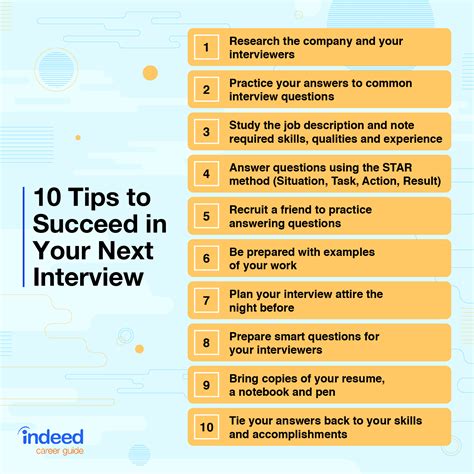Panel Interviews: Strategies, Answers, And Pro Tips

Panel interviews can be nerve-wracking, but they are a common hiring practice used by many organizations. A panel interview involves multiple interviewers asking questions to one or more candidates. It can be intimidating to have a group of people evaluating you, but with the right strategies, answers, and pro tips, you can ace your panel interview and land the job. In this post, we will cover everything you need to know about panel interviews.
1. Understand the Purpose of a Panel Interview
The purpose of a panel interview is to assess a candidate’s suitability for a job. The panel may consist of the hiring manager, team leaders, HR representatives, and other stakeholders in the organization. Each interviewer will have their own set of questions, and they will evaluate your responses based on their criteria.
Pro Tip:
Research the organization and the role you’re applying for. This will help you understand the expectations and goals of the company. It will also help you tailor your answers to the organization’s specific needs and culture.
2. Prepare for the Interview
Preparation is key to acing a panel interview. Here are some tips to help you prepare:
- Research the organization and the role you’re applying for
- Review the job description and identify the key skills and qualifications required
- Prepare answers to common interview questions
- Practice with a friend or family member
- Dress professionally for the interview
- Arrive early and bring extra copies of your resume and any relevant documents
Pro Tip:
Practice answering questions with a panel of people. This will help you get used to the format and dynamics of a panel interview. You can ask friends or family members to role-play as interviewers.
3. Answering Panel Interview Questions
Panel interview questions can be challenging, but with the right approach, you can provide compelling answers. Here are some tips:
- Listen carefully to the question
- Take a moment to gather your thoughts
- Provide clear and concise answers
- Use examples to illustrate your points
- Be honest and authentic in your responses
Pro Tip:
Don’t be afraid to ask for clarification if you don’t understand a question. It’s better to ask for clarification than to provide an irrelevant or incorrect answer.
4. Body Language and Communication
Body language and communication are important factors in a panel interview. Here are some tips:
- Maintain eye contact with all interviewers
- Speak clearly and confidently
- Use positive body language, such as smiling and nodding
- Avoid negative body language, such as crossing your arms or slouching
Pro Tip:
Practice your body language and communication skills with a friend or family member. Ask for feedback on your posture, eye contact, and tone of voice.
5. Final Thoughts
A panel interview can be a challenging but rewarding experience. With the right preparation, mindset, and approach, you can ace your interview and land the job. Remember to be yourself, stay calm, and showcase your skills and qualifications. Good luck!
FAQs
What is a panel interview?
A panel interview involves multiple interviewers asking questions to one or more candidates.
What is the purpose of a panel interview?
The purpose of a panel interview is to assess a candidate’s suitability for a job.
How should I prepare for a panel interview?
You should research the organization and the role you’re applying for, review the job description, prepare answers to common interview questions, practice with a friend or family member, dress professionally, arrive early, and bring extra copies of your resume and any relevant documents.
What are some tips for answering panel interview questions?
You should listen carefully to the question, take a moment to gather your thoughts, provide clear and concise answers, use examples to illustrate your points, and be honest and authentic in your responses.
Why is body language important in a panel interview?
Body language is important in a panel interview because it can convey confidence, competence, and professionalism. Positive body language can help you make a good impression on the interviewers.
